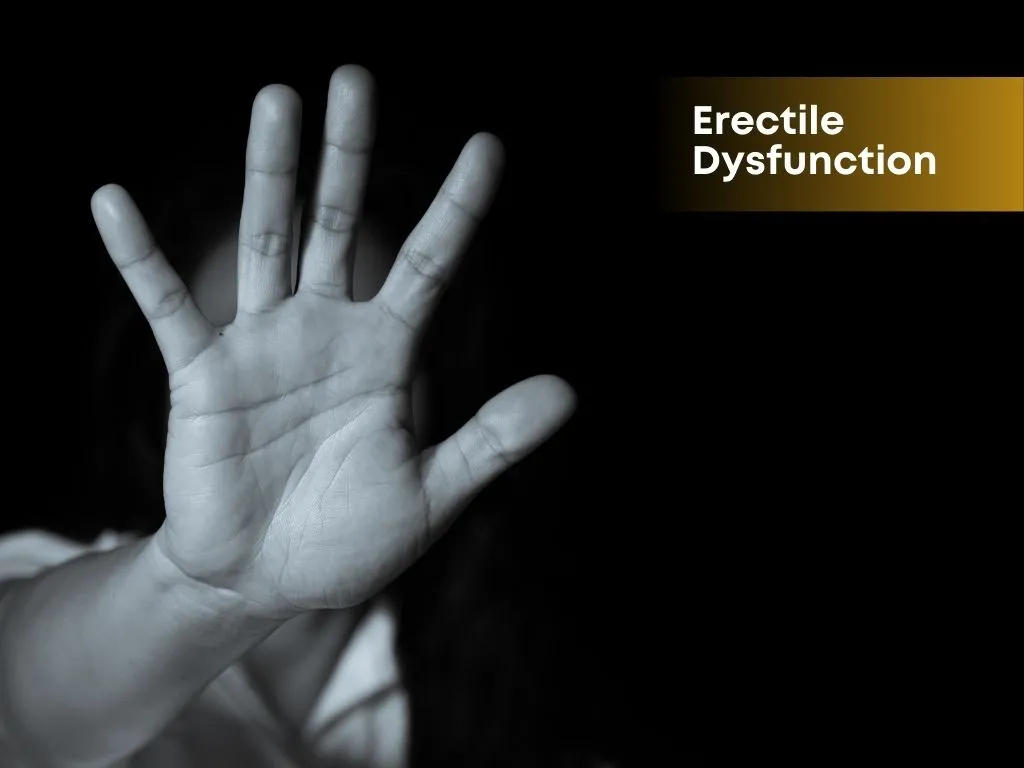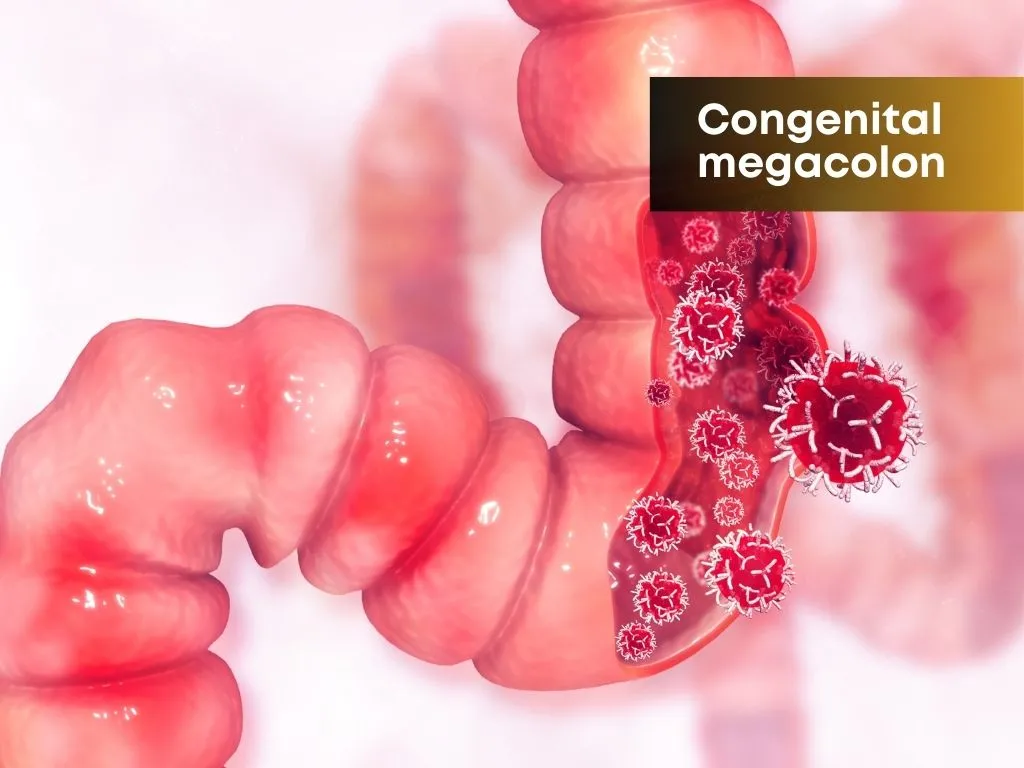STD
-
 Nalamaree Team
Nalamaree Team
- 23 September 2025
Overview
STD stands for Sexually Transmitted Disease. It refers to infections that are typically transmitted through sexual contact, including vaginal, anal, and oral sex. STDs can be caused by bacteria, viruses, or parasites. Some common examples of STDs include chlamydia, gonorrhea, syphilis, HIV/AIDS, genital herpes, HPV (human papillomavirus), and trichomoniasis. STDs can have serious health consequences if left untreated, including infertility, chronic pain, organ damage, and an increased risk of HIV transmission. It's important to practice safe sex, get tested regularly, and seek medical treatment if you suspect you have an STD.
Causes
Symptoms
Treatment: Modern Medicine
1. Bacterial Infections (e.g., Chlamydia, Gonorrhea, Syphilis):
Antibiotics
2. Viral Infections (e.g., Genital Herpes, HIV, Hepatitis B):
Antiviral medications Parasitic Infections (e.g., Trichomoniasis):
Antiparasitic medications
3. Symptomatic Relief:
For example, pain relievers, topical treatments for genital sores, or anti-itch medications.
Treatment: Traditional Medicine
Caution
Avoiding High-Risk Behaviors: Engaging in high-risk sexual behaviors, such as unprotected sex, having multiple sexual partners, or using intravenous drugs.
Regular Screening for HIV: HIV testing is recommended for everyone at least once in their lifetime.





















.jpg.webp)
